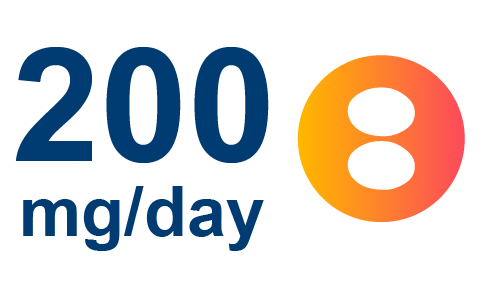Unit for Hours:H
Unit for Minutes: M
Filter redirection page URL: events-3-3.html
Login overlay needed?: true
Filter Tags:Medical indications|Products|Therapy Area
Filter Tags values when filtered by all Tags:All Medical indications|All Products|All Therapy Area
OutofBox filter category name:Format
Filter Reset all button text:Reset All
Filter Apply button text:Apply
Events registration success message: Registration successfull
Events registration failure message: Registration failure
Events un-registration success message: Un-Registration successfull
Events un-registration failure message: Un-Registration failure
Reset all default value: false
Tag Requirements value: all
Show More Naivagation Values: 10|25|50
Previous Text label: Previous
Next Text label: Next
Show Text label: Show:
Seats left Text: spaces left
No Seats left Text: No spaces left
Text Area Blank copy in Email Template:$ciamTextareaNoCopyEmail















